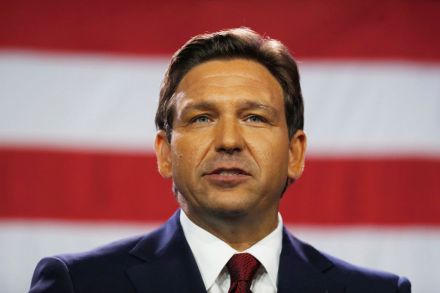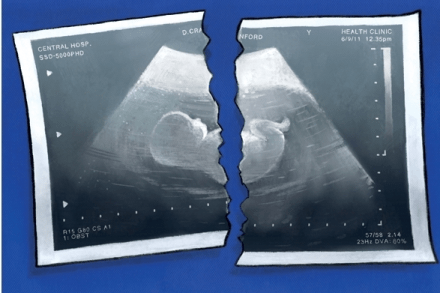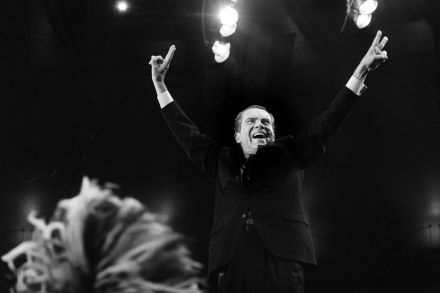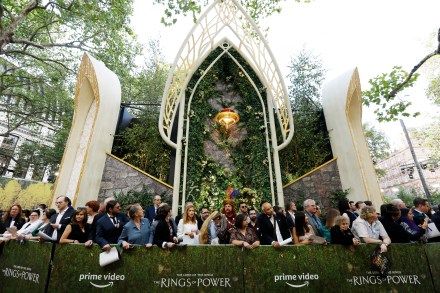The conservative war on free speech
The hopeful life and wretched death of Claudia Gavrilovna Popova during a previous age of extremes should speak to us now. Popova lived in Siberia in the years before the Russian revolution. She was a liberal who opposed the Tsarist empire – then, as now, was the world’s great fortress of reactionary power. Popova was a wealthy landowner in Krasnoyarsk on the Yenisei River, who thought any enemy of the regime couldn’t be wholly bad. She gave free bed and board to Lenin when he was an obscure Marxist agitator. From the 1890s on, she helped hundreds of other revolutionaries the Romanov regime sent into exile. Extremists always want to establish a binary conflict Popova and the communists were against Tsarist autocracy. They might not agree on everything, but they appeared to share a common cause. In 1917 Lenin seized power. By 1921, the civil war





















